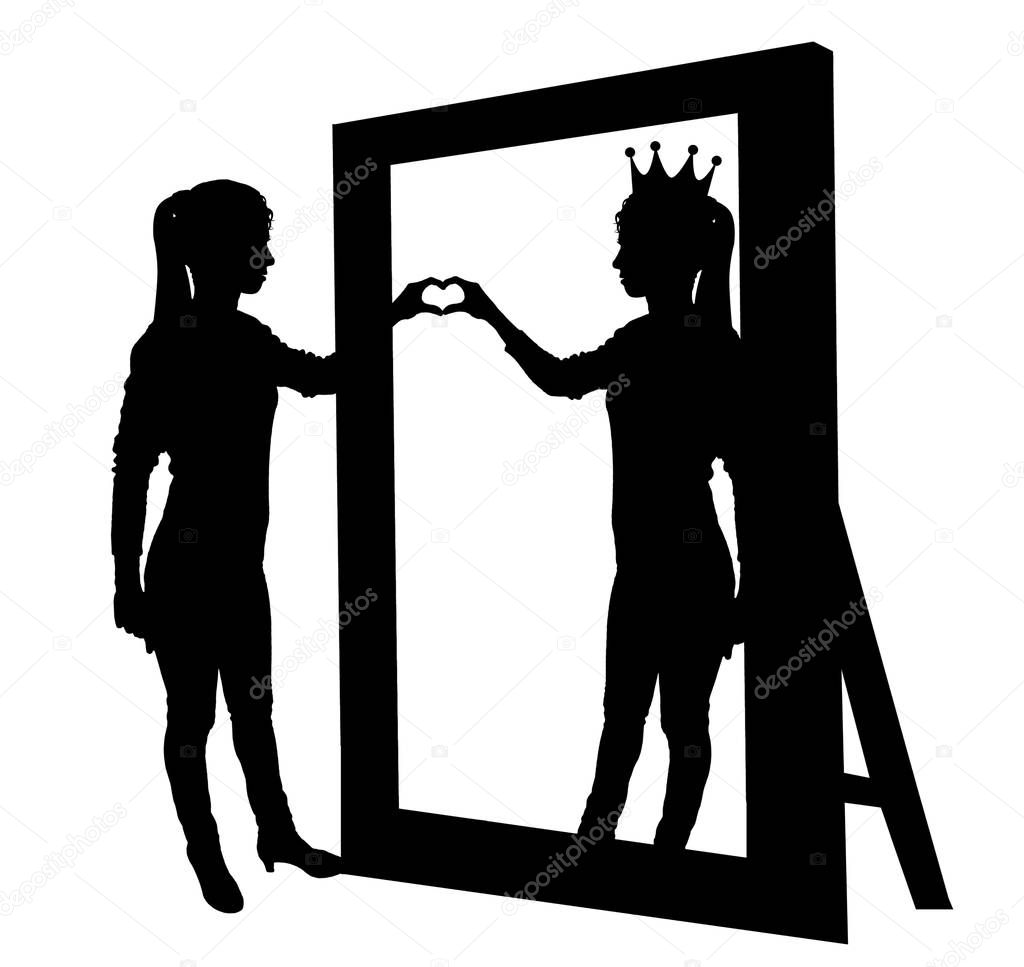
I think it’s arguable that this question of whether or not there is an afterlife is the most important question in life. If we knew, not just from the faith of our religions, but from modern science, that our consciousness survives after death, it would profoundly affect how we behave. We believe that when you die you go to heaven.

It is at the core of organized religion’s belief system, one that I grew up with as a Presbyterian. Scientists, theologians, writers, musicians, poets, and artists have all addressed the question directly or indirectly. We lose someone we love and we are faced with contemplating death and the afterlife. Why do we even want to think about death? Then it strikes.
LOOKING IN A HAND MIRROR FULL
Here we are, living active and full lives. The question of what happens after we die has always challenged us. Moreoever, it's a story about love and how love ties us all together in a far more fascinating universe than I ever imagined. Durham hopes that her story will be a source of strength to all who are touched by death, which, of course, is everyone. The personal journey shared in her book, The Hand on the Mirror, is not what you would expect from someone with a traditional upbringing and experience in the hard-edged world of newspapers. The journey is a story of Durham's spiritual growth and how her mind gradually opened to realities that she previously considered unimaginable. She interviewed scientists and spiritual practitioners along the way, discovering the fragility of the veil between this world and the next and the way the two are bridged by love. This launched Heaphy Durham on a journey that transformed her spiritually and altered her view of reality forever. Clearly, something otherworldly was occurring. Incredibly, a similar image appeared on the second and third anniversaries as well. But then something startling happened that changed Heaphy Durham’s life forever: a powdery handprint spontaneously appeared on her bathroom mirror on the first anniversary of Max’s death.

While coping with her grief, Heaphy Durham began encountering phenomena unlike anything she had ever experienced: lights flickering, doors opening and closing, clocks stopping at 12:44 - the exact time Max died.

In 2004, Janis Heaphy Durham’s husband, Max Besler, died of esophageal cancer at age fifty-six.


 0 kommentar(er)
0 kommentar(er)
